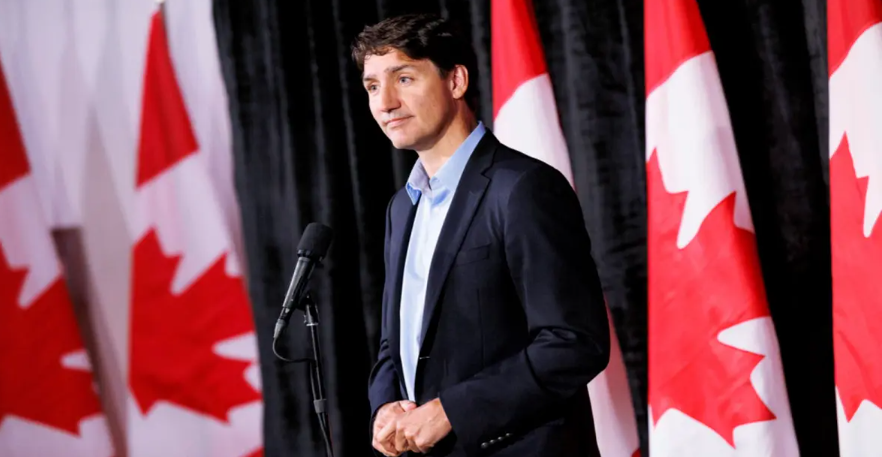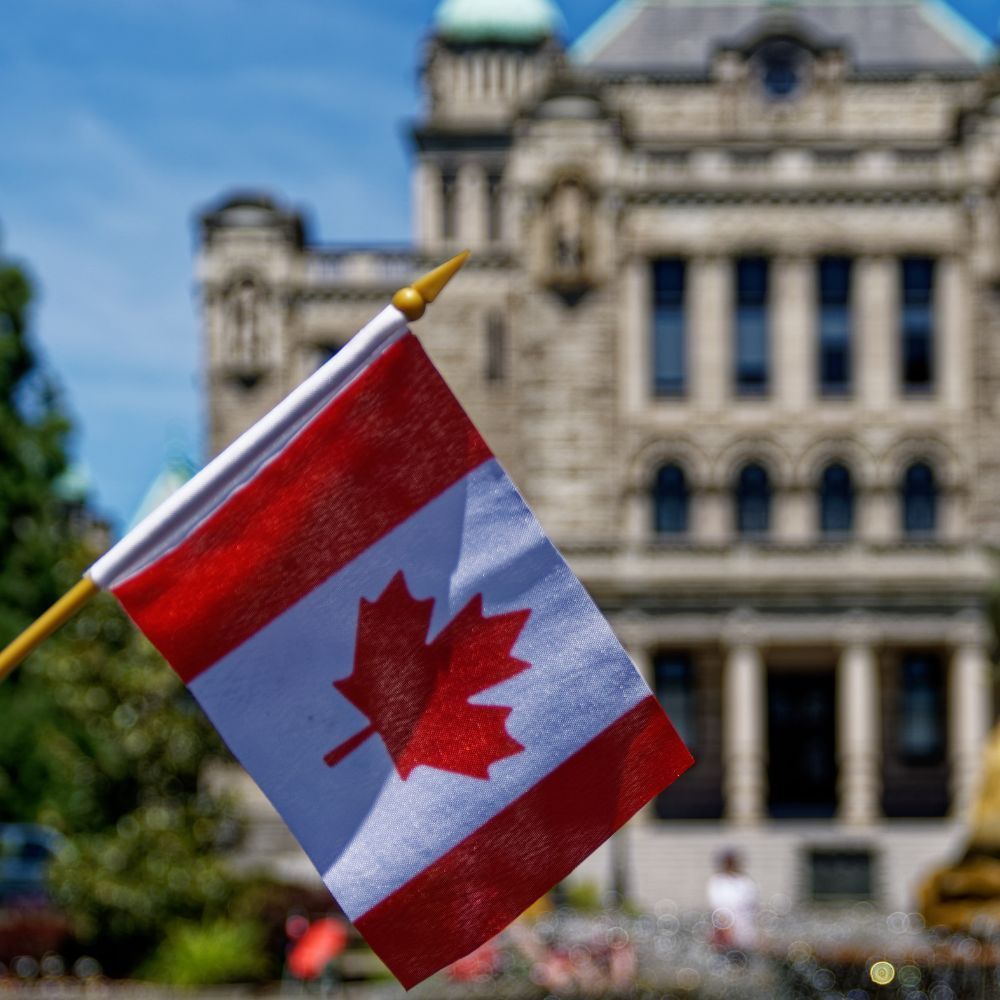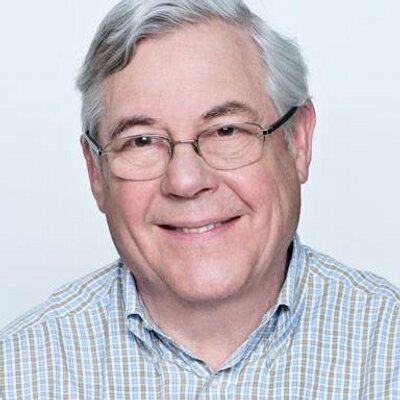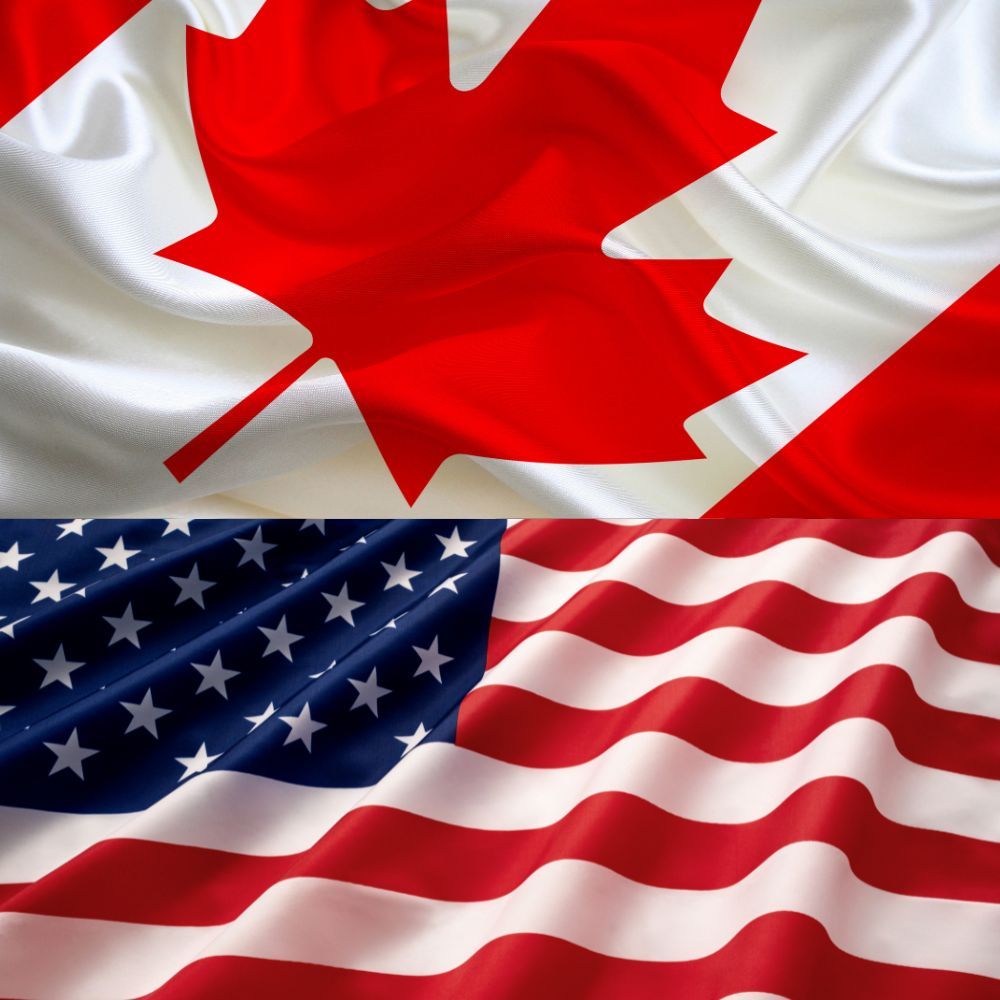Indications of Some Hope For a Trudeau Revival
In a new lengthy video a friendly Trudeau admits that he “made some mistakes” in ballooning immigration. He did an about-face and greatly reduced numbers especially for temporary workers and students. This type of turnaround and admission is an effective political ploy as it’s almost impossible to have a leader admit an error, let alone and fix it. It’s very human and appealing.

It would be nice to think that this sincere video portends a realization and not just a way to find new ways of appealing to voters. A good tactic was to speak to voters real concerns as he did almost every day during the pandemic. His announcement of a temporary GST tax holiday on a whole list of goods including groceries is being seen as a possible way of boosting his popularity. He’ll certainly have lots of new opportunities to show new leadership with the re-election of Trump and the reemergence of separatism in Quebec as a real threat.
Momal-Vanian, the Executive Director of the Kofi Annan Foundation (KAF) defines political leadership as “politics is the art of making possible what is necessary.” The necessity for Trudeau in the coming months will be engaging with, and even standing up to, Trump and speaking for Canada with its unity once again threatened.
This means facing a populist threat with real accomplishment and new sensitivity to the real needs of Canadians. Bálint Magyar, author and Research Fellow at the CEU Democracy Institute, Budapest pits the challenge Trudeau faces in reforming his approach to politics this way: “Liberal democracy offers moral constraints without problem-solving” — a lot of rules, not a lot of change — while “populism offers problem-solving without moral constraints.”
Perhaps Trump’s revenge focused first days and crue immigration policies will provide a positive contrast to a very human and caring Trudeau. And if he manages to escape the worst of Trump’s love affair with tariffs, he’ll be a hero indeed. If it comes to standing up to a bully, a lot of Canadians might admire that.
His archrival Polievre also can be seen as a sort of “Trump-lite,” especially his demonizing of the press, his overblown and heavy-handed speaking style and unrelenting negativity about his country. Blaming all the country’s woes on Trudeau will inevitably wear thin. As weeks go by, and Conservative negativism and obstructionism continue Canadians might start reconsidering their support for Polievre and wonder if they really like what they could get if he were to be PM.
There is also Paul Saint-Pierre Plamondon, the young leader of the Parti Québécois in Quebec to consider. Polling suggests a solid PQ majority in the next Provincial election. The PQ leader would be under strong pressure to call a referendum on Quebec’s secession from Canada. Consider then the old Pierre Trudeau line “who speaks for Canada?” that suddenly becomes terribly important. And the money will be back on Justin, not Polievre who has low levels of support in la belle province. Being his father’s son in dealing with Canadian unity and being unafraid to face it head on might suddenly be an advantage. And a future campaign will be waged not with posters and speeches but on social media where Trudeau can shine.
On this regard Trudeau might play a nationalist, patriotic card which our beaten up, fragmented nation sorely needs. As Jeffrey Simpson pointed out in a long pieced in the Globe, Trudeau had once said Canada had no national identity and instead was a country of “particularisms rather than some sort of organic whole.” This echoes his father’s preference for what he called “patriotic nationalism,” a collection of ethnic nationalisms while governing on behalf of all, not as groups but as individuals. This would seem to be an attractive and valid position that Trudeau could amplify
while celebrating the contribution of many ethnicities. This kind of generous reflection on who we are is surely one to be welcomed and Trudeau is better situated to explore it than Polievre. In addition, Simpson points out that Canada’s cultural elites have painted Canada’s past in “unrelievedly dark colours” and our history shaded by “shame”. We have all had enough of guilt and any politician who starts fueling our pride would get a good
hearing.
I realize that all this is wishful thinking. But the gloom spread by Trump and Polievre is starting to wear thin. I know many who have stopped consuming news completely. Indeed, we are barely solving the economic crisis faced by so many. Taking small bites is insufficient work and nobody can significantly lower grocery prices or build rental or owner homes fast enough or cheaply enough to relieve our housing crisis. But at least we may be able to have a leader who gives us some pride and hope. We should not underestimate Justin. It could be him.
Patrick Gossage Insider Political Views




